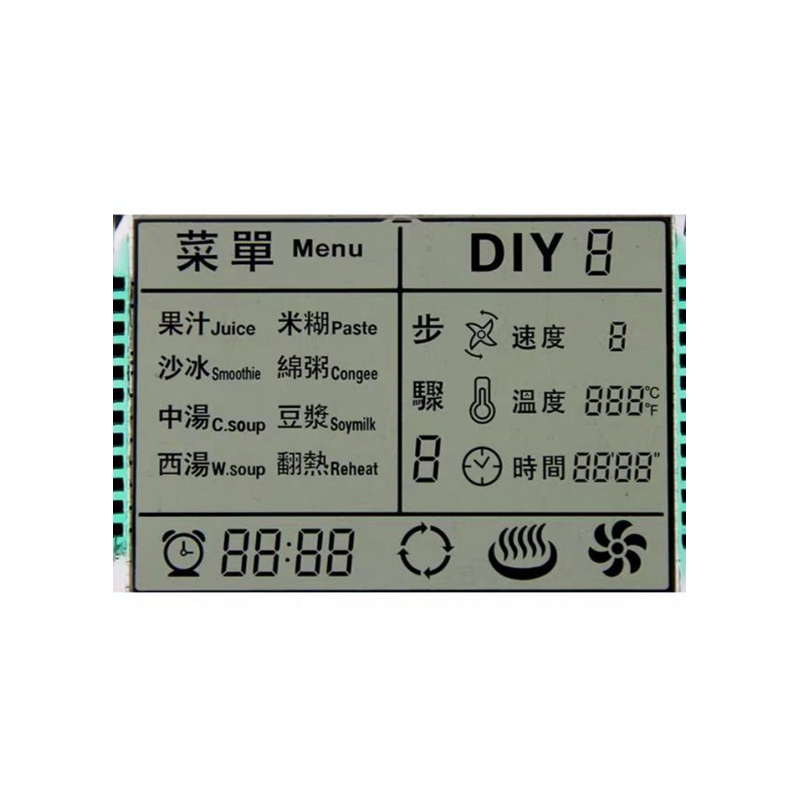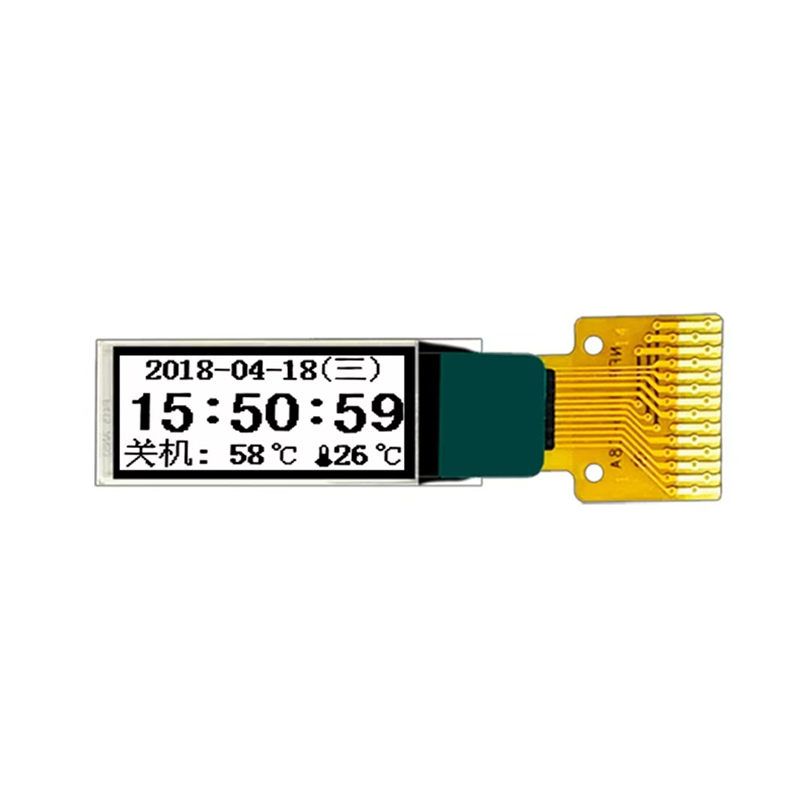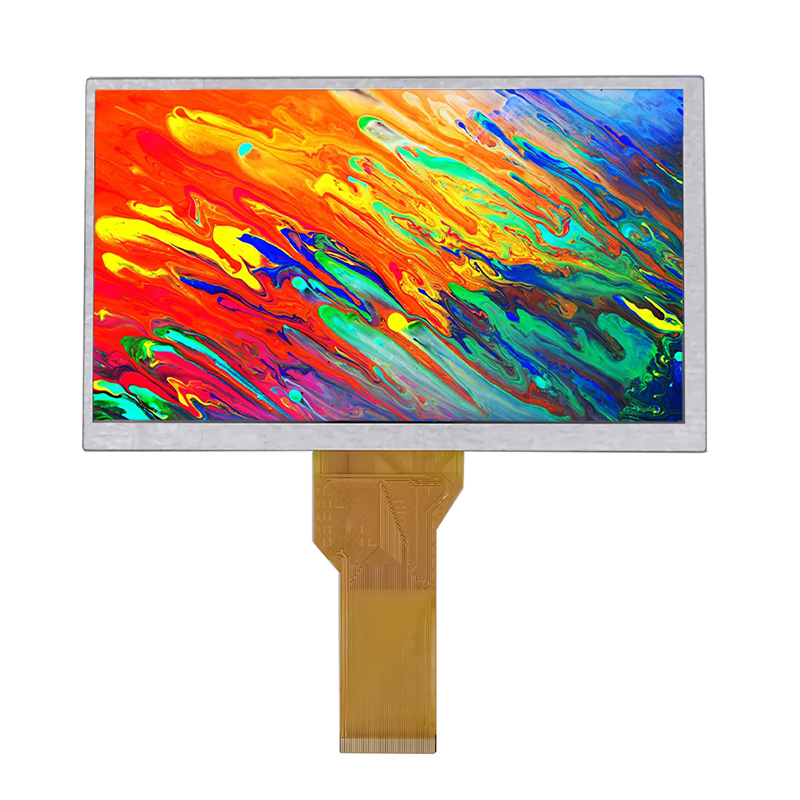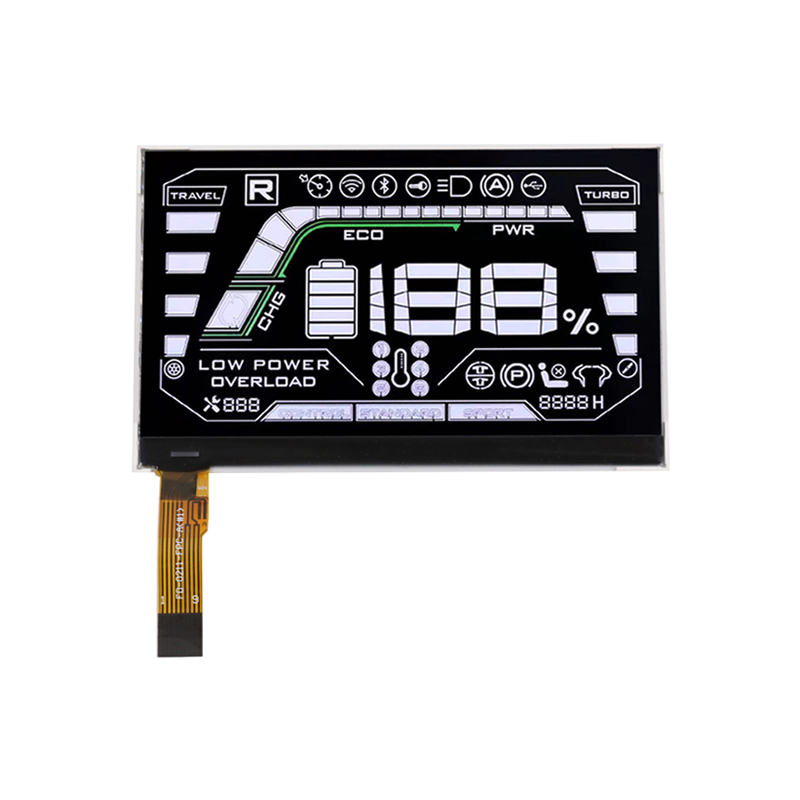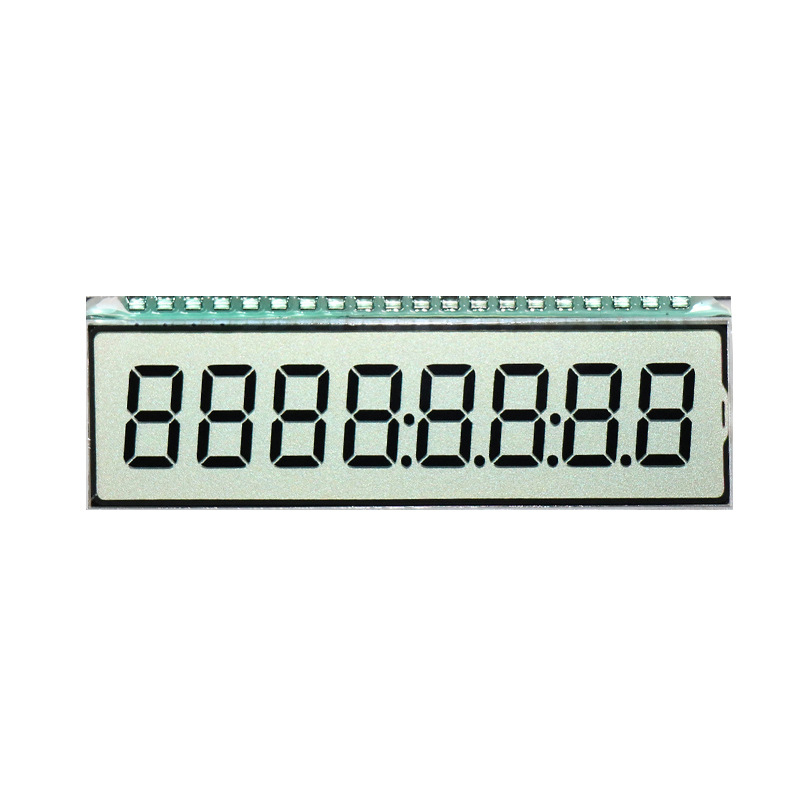Best Raspberry Pi TFT Displays: A Comprehensive GuideThis guide helps you choose the perfect Raspberry Pi TFT display for your project, comparing key features, resolutions, and interfaces to find the ideal match. We cover popular options, addressing factors like screen size, touch functionality, and ease of setup.
Choosing the right Raspberry Pi TFT display can significantly enhance your project. This guide offers a detailed comparison of various displays available, helping you make an informed decision based on your specific needs and budget. We'll cover a range of displays, from small, compact screens ideal for embedded systems to larger displays suitable for more demanding applications. Factors considered include resolution, touch capabilities, interface type, and overall ease of use.
Key Factors to Consider When Choosing a Raspberry Pi TFT Display
Screen Size and Resolution
The size and resolution of your
Raspberry Pi TFT display directly impact the user experience. Larger screens offer more real estate for applications and visualizations, but they also tend to be more expensive and power-hungry. High resolutions provide sharper images and more detail, but this again increases the demands on your Raspberry Pi. Consider the intended application of your project to determine the optimal balance. A small, high-resolution display might be perfect for a compact embedded system, while a larger, lower-resolution display could be better suited for a media player.
Touch Functionality
Many
Raspberry Pi TFT displays offer touch functionality, adding an interactive layer to your project. Resistive touchscreens are generally more affordable, but less accurate than capacitive touchscreens. Capacitive touchscreens are more responsive and offer a better user experience, but they are often more expensive. Whether you need touch functionality depends entirely on your project requirements.
Interface Type
Different displays use different interfaces to connect to the Raspberry Pi. Common interfaces include SPI, I2C, and parallel interfaces. SPI is a popular choice for its simplicity and speed, while I2C is suitable for smaller, simpler displays. Understanding the interface type of your chosen display is crucial for ensuring compatibility with your Raspberry Pi. You'll need to check the specifications of both your Raspberry Pi model and the display to confirm compatibility.
Ease of Setup and Drivers
Some
Raspberry Pi TFT displays are easier to set up than others. A display with readily available drivers and extensive online documentation will significantly simplify the setup process. Check for user reviews and tutorials before making a purchase to avoid potential compatibility issues. The availability of clear and comprehensive instructions can save you valuable time and frustration.
Top Raspberry Pi TFT Display Options
While numerous options exist, the market offers displays catering to diverse needs. Consider these aspects when evaluating specific choices:
| Display Name | Resolution | Touch | Interface | Pros | Cons |
| Example Display 1 (replace with actual product) | 320x240 | No | SPI | Affordable, easy setup | Lower resolution |
| Example Display 2 (replace with actual product) | 800x480 | Yes (Capacitive) | SPI | High resolution, responsive touch | More expensive |
| Example Display 3 (replace with actual product) | 480x320 | Yes (Resistive) | I2C | Good resolution, relatively inexpensive | Less accurate touch |
Remember to check the manufacturer's website for the most up-to-date specifications and compatibility information. Always ensure the display is compatible with your specific Raspberry Pi model before purchasing.
For high-quality LCD screens and display solutions, consider exploring the options available at Dalian Eastern Display Co., Ltd. They offer a wide range of displays suitable for various applications.
Conclusion
Selecting the best
Raspberry Pi TFT display depends heavily on your project's specific requirements. By carefully considering factors such as screen size, resolution, touch functionality, interface type, and ease of setup, you can find the perfect display to enhance your Raspberry Pi project. Remember to always check compatibility before purchasing.





